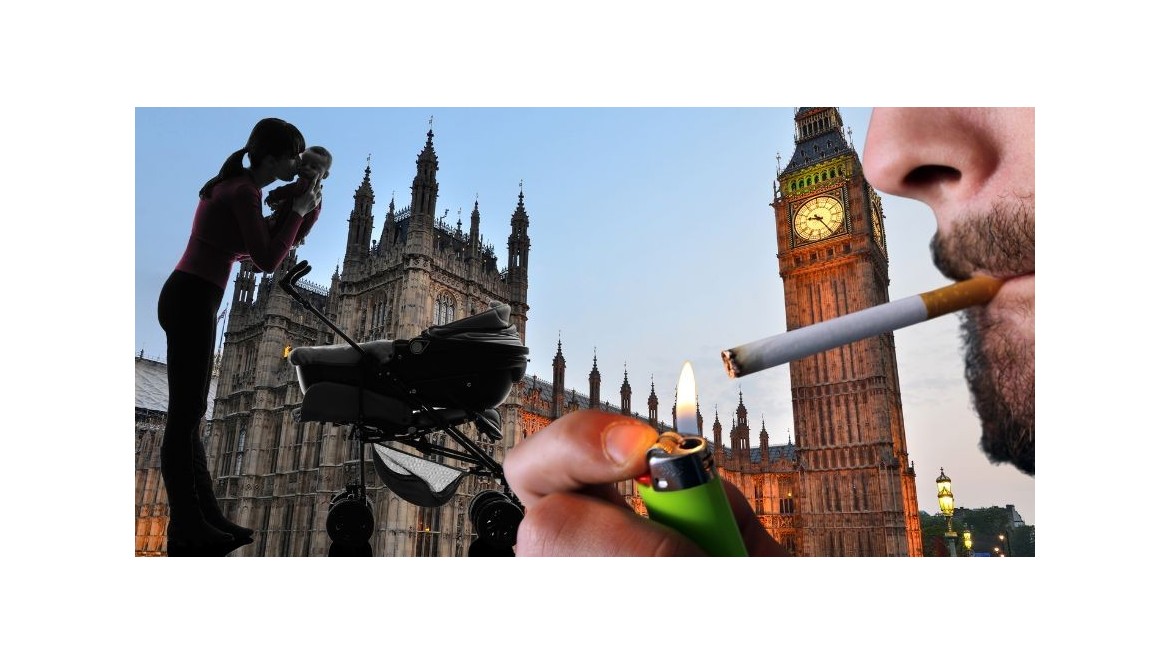The Implications of the UK's New Smoking Laws: Navigating Towards a Nanny State?

As the UK government wants to tighten up the laws on smoking, what will this mean for vaping in years to come, or even alcohol? What extent should the government control what the public does, is this a step too far towards full control and removal of our freedom of choice?
In recent years, the UK has intensified its legislative actions against smoking, with new regulations that aim to significantly reduce, and potentially eliminate, smoking in the nation. These steps align with broader public health initiatives but have also sparked debate about the extent of government intervention in personal choices. This discussion explores the latest smoking laws in the UK and examines the notion of Britain evolving into a "nanny state."
Overview of the New Smoking Laws
The UK government has unveiled ambitious plans to create a smoke-free generation. The new proposals are part of a series of measures intended to drastically cut smoking rates. The key aspects include:
- Raising the Legal Smoking Age: One of the most controversial measures is the progressive increase in the legal age to purchase tobacco products. Under this proposal, the age limit will increase by one year, every year, effectively making it illegal for future generations to purchase cigarettes.
- Restrictions on Locations: There are additional restrictions on where people can smoke, with new bans implemented in areas frequently visited by children such as parks and beaches.
- Tightening Control on Tobacco Sales: The government is also considering restrictions on the number and types of retailers that are allowed to sell tobacco products.
- Enhanced Packaging Restrictions: Following the plain packaging rules, there might be new regulations to make cigarette packs less appealing to consumers.
Health Perspectives
Public health officials argue that these measures are crucial for combating the preventable health issues associated with smoking. Smoking is one of the leading causes of preventable deaths in the UK, linked to cancer, heart diseases, and a myriad of other health problems. The NHS is burdened annually with substantial costs directly associated with treating smoking-related conditions.
From a healthcare perspective, the proactive stance is seen as a necessary evolution in public health policy. The goal is to reduce smoking rates from 15% to 5% by 2030, which could save thousands of lives and relieve the financial strain on the UK's healthcare system.
Arguments of a Nanny State
Critics of the new smoking laws argue that such policies reflect the UK's drift towards becoming a "nanny state," where the government excessively interferes in the personal choices of its citizens. Here are some common arguments presented:
- Personal Freedom: Opponents claim that adults should have the right to make their own health-related decisions, including the choice to smoke. They argue that while smoking is undeniably harmful, it should be up to the individual to make informed choices about their health.
- Economic Impact: There are also concerns about the economic implications of stringent smoking laws. Tobacco sales generate significant tax revenue, which supports various public services. Additionally, there are fears about the impact on businesses, especially pubs, clubs, and tobacco retailers.
- Slippery Slope: Some fear that starting with smoking, such regulatory measures might extend into other areas of personal life, such as diet and exercise, further encroaching on personal freedoms.
Conclusion
The UK's aggressive stance on smoking is intended to usher in a smoke-free generation, but it raises significant questions about the balance between public health and individual freedoms. While the health benefits of reducing smoking rates are clear, the increasing scope of governmental regulation in personal lifestyle choices continues to be a contentious issue.
As the UK navigates these complex waters, it will be essential to find a balance that respects personal freedom while promoting public health. Whether these new measures are seen as prudent health policies or overreaches of government power will depend largely on individual perspectives on freedom, responsibility, and the role of the state in public health.









Comments
No comment at this time!
Leave your comment